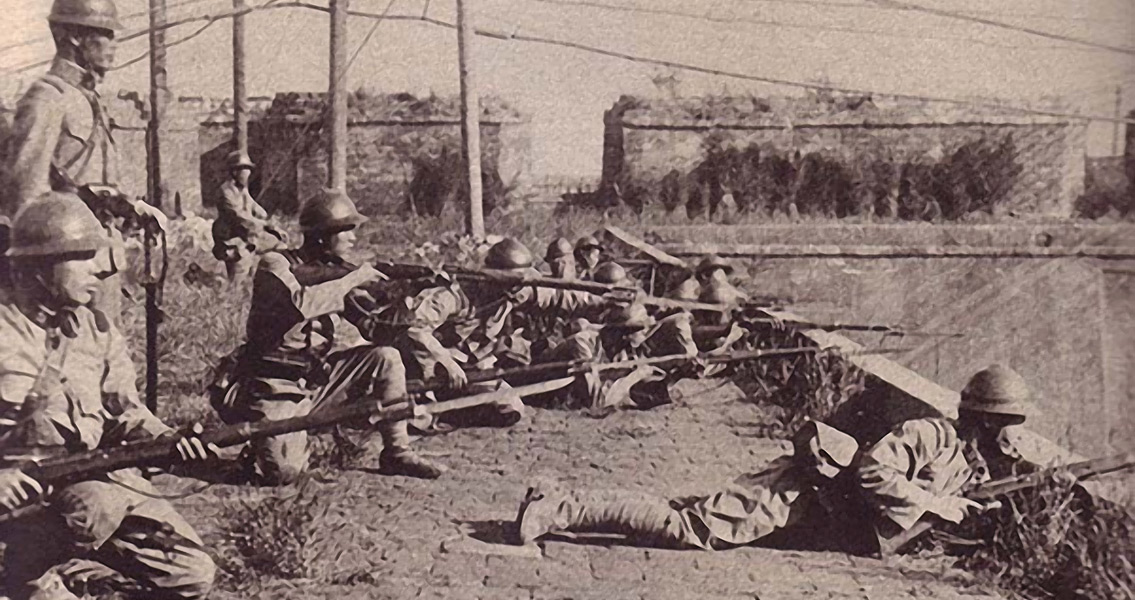<![CDATA[A group of Japanese historians plans to file a protest against American publisher McGraw-Hill over a school textbook. The group of historians and scholars claims the book - titled 'Traditions & Encounters: A Global Perspective on the Past' and originally published in 2011 - contains numerous 'factual errors' on the subject of 'comfort women'. Comfort women is a phrase used to refer to a large number of women and girls who were forced to work at Japanese military brothels across China and South East Asia, during Japan's conquests in the area in the 1930s and 1940s. Although the number of comfort women and the precise role of the Japanese military in procuring these women is debatable, it is clear that conditions in the brothels were appalling. Many women were conscripted against their will and taken to stations where they had no freedom of movement. Survivors have testified to being raped by officers and beaten for attempting to escape. The Japanese group of academics, represented by historian Ikuhiko Hata, has claimed that the number of comfort women described in the book - 200,000 - is far too large. Hata, a professor emeritus at Nihon University and leading scholar of modern Japanese history, has estimated the number of comfort women to have been around 20,000. At a panel discussion on comfort women held at the Foreign Correspondents' Club of Japan, Hata refuted the claim that Japanese soldiers had massacred large numbers of comfort women to cover up the operation. Hata stated this assertion had no grounding in any historical evidence either from the time, or from postwar tribunals and trials of war crimes. Heated debate has surrounded the actions of the Japanese military during the 1930s and 1940s for some time; this is mainly due to a lack of historical material from the period. As there is scant evidence of how many comfort women there were, estimates can widely differ. The most commonly-quoted figures however, sit between 100,000 and 200,000. In the Korean Peninsula, mainstream historians agree that comfort women were not forcibly taken. Instead, they were recruited by private-sector brokers. In China, the Philippines and Indonesia, however, many women were taken by Japanese soldiers and forced to work in military brothels. The Japanese government has often become involved in discussions surrounding comfort women, and the Foreign Ministry has had meetings with McGraw-Hill. The Foreign Ministry argues that the brothels were isolated crimes committed by individuals rather than a state-sponsored programme, and have requested the erasing of two paragraphs. A group of 19 US-based historians has pledged its support to the authors for refusing to revise their estimates. "We support the publisher and agree with author Herbert Ziegler that no government should have the right to censor history", the group wrote in a letter to the editor of the journal Perspectives on History, published recently. "We practice and produce history to learn from the past," the letter continues. "We therefore oppose the efforts of states or special interests to pressure publishers or historians to alter the results of their research for political purposes." History can be made to serve patriotic purposes or a particular interest. While debate is important and should be encouraged, altering the historical record should not. For more information: www.historians.org Image courtesy of Wikimedia Commons user: Takabeg ]]>
Japanese Historians Spark Controversy Over 'Comfort Women'
